Description
ABSTRACT
The Nigerian Tax Administration in Perspective: The Way Forward
Dr. Olariyike Akintoye*
The low revenue yield from taxation in Nigeria is attributed to the ineffectiveness of tax administration. The article emphasises the importance of effective tax administration to the tax system and avers that the best tax policy in the world is worth little if it cannot be well administered. A good tax administration is premised on well-designed tax policies that are administratively feasible. The paper identifies the bodies administering taxes in Nigeria, the functions of tax administrators and some of the challenges facing Nigeria tax administration. Suggestions are proffered on the way forward. It concludes that Nigeria needs a government with strong political will, coupled with well-disciplined administrators to implement its tax policies so as to improve her income generation through effective but equitable taxation. The drastic drop from oil revenue makes this need inevitable.
INTRODUCTION
The tax system of any modern state has been said to possess three main objectives: the maximization of the governmental revenue yields; the attainment of equity and; the promotion of economic development.1 This can be gleaned from the definitions of taxation as proffered by notable authors in the field of taxation. For instance, Adesola2 said that “Tax is a burden which every citizen must bear to sustain his or her government”, while Egwaikhide3 defined taxation as a compulsory payment imposed by legislation, which is used to withdraw resources from the private sector of the economy for the government to cover the cost of providing public goods and services, law and order, healthcare and education amongst others. Raabe4 on his part described taxation as the process of collecting revenue from citizens to finance government activities. According to Abdulrazaq,5 taxation is a compulsory contribution to the support of government, levied on persons, properties, incomes, commodities, transactions at a fixed rate mostly proportionate to the amount on which the contribution is levied. Other authors6 have also shown that taxation is a very significant aspect of governance, through the different ways they defined taxation. One can deduce from all these definitions that the purpose of taxation is to finance government expenditure, and that it is literally impossible for the state to run its affairs without taxes.
Abdulrazaq further emphasised the important role taxation plays in the society by pointing out that the classical function of the tax system is the raising of revenue to meet government expenditure.7
However, a tax agency shapes the business climate, as the higher the cost of tax compliance, the harder it is for private firms across the sectors to invest, grow and provide more jobs.8
* Ph.D., BL. Lecturer, Centre for Business Taxation, Department of Law, Kwara State University, Malete
- Akanle O., ‘A new Framework for Tax Administration in Nigeria’ (1991) Tax Law and Tax Administration in Nigeria, Nigerian Institute of Advanced Legal Studies 104
- Adesola S.M, ‘Income Tax Law and Administration in Nigeria’ (2nd Revised Edition 1995)
- Egwaikhide Festus O., ‘Taxation and State Building in a Democratic System’ (2010) 11(1) Nigerian Taxation (The Official Journal of the Chartered Institute of Taxation of Nigeria (CITN)
- Raabe A. William et. al., Federal Tax Research (7th edn, Thomson South Western, U.S.A 2006) 3
- Abdulrazaq M.T, Principles and Practice of Nigerian Tax Planning and Management (2nd edn, Stirling-Horden Publishers Ltd,
Ibadan Nigeria 2013) - Cooley Thomas M. defines taxation as the process of or means by which the sovereign through its law-making body raises
income to defray the necessary expenses of government - Abdulrazaq M.T, Revenue Law and Practice in Nigeria (Malthouse Press Limited, Lagos 2010) 2
- Tax Administration Reforms and the IMF accessed 21 January 2011

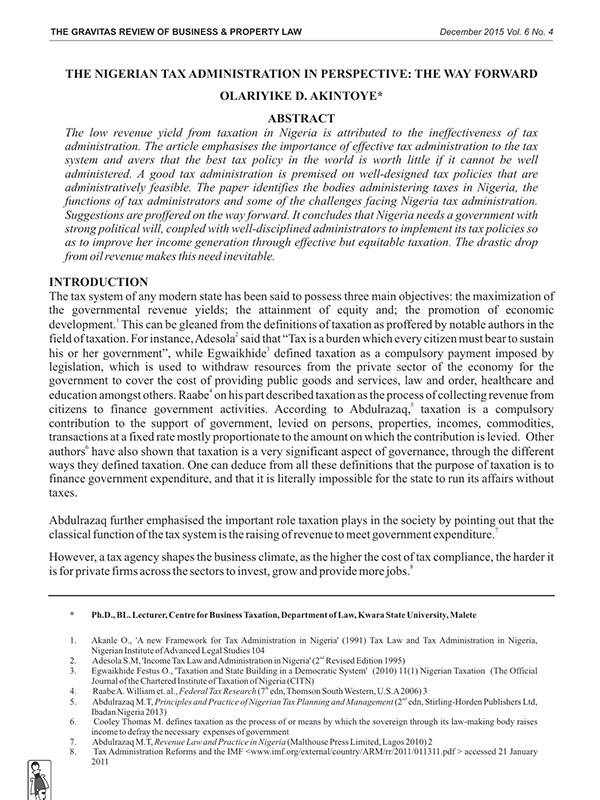
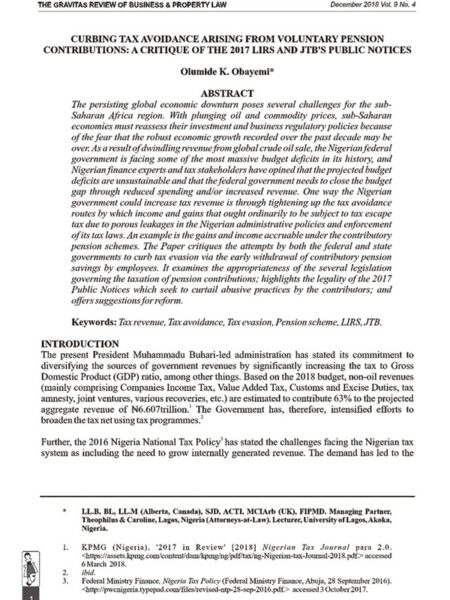
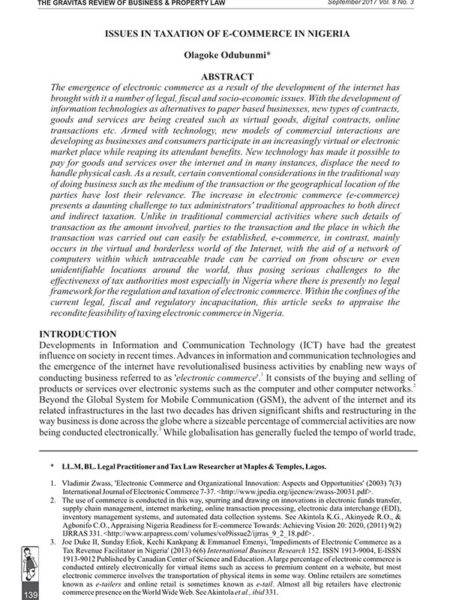
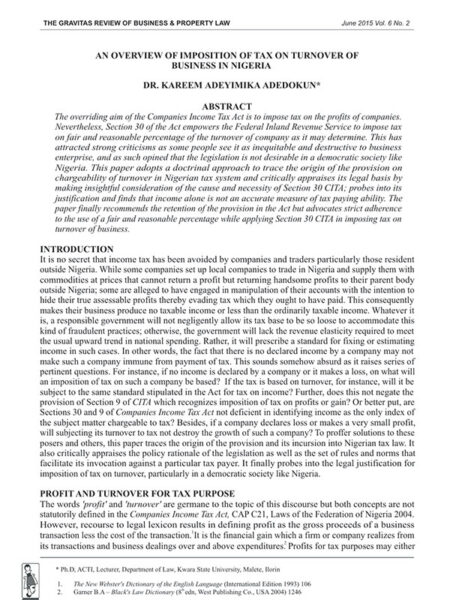
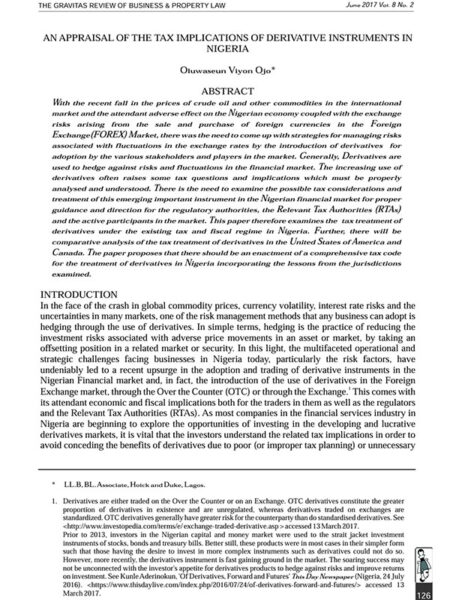


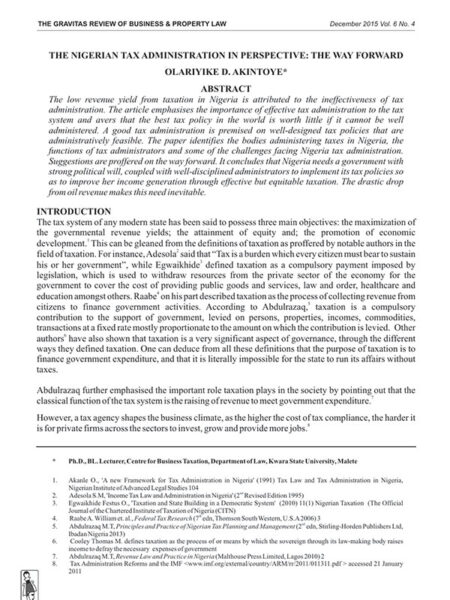
Reviews
There are no reviews yet.